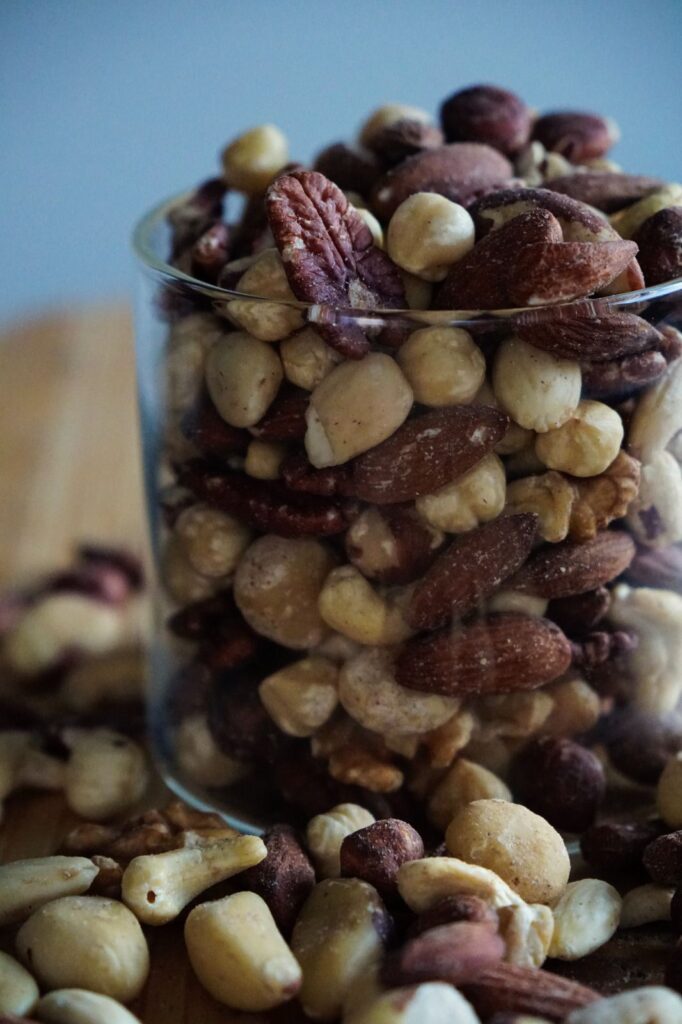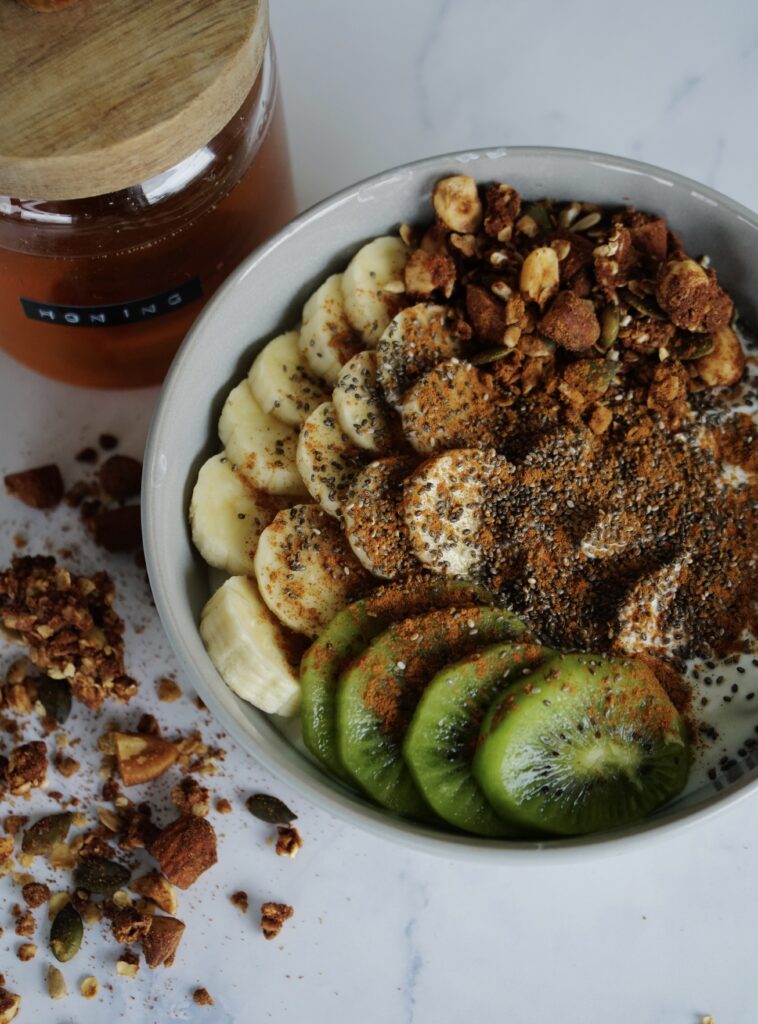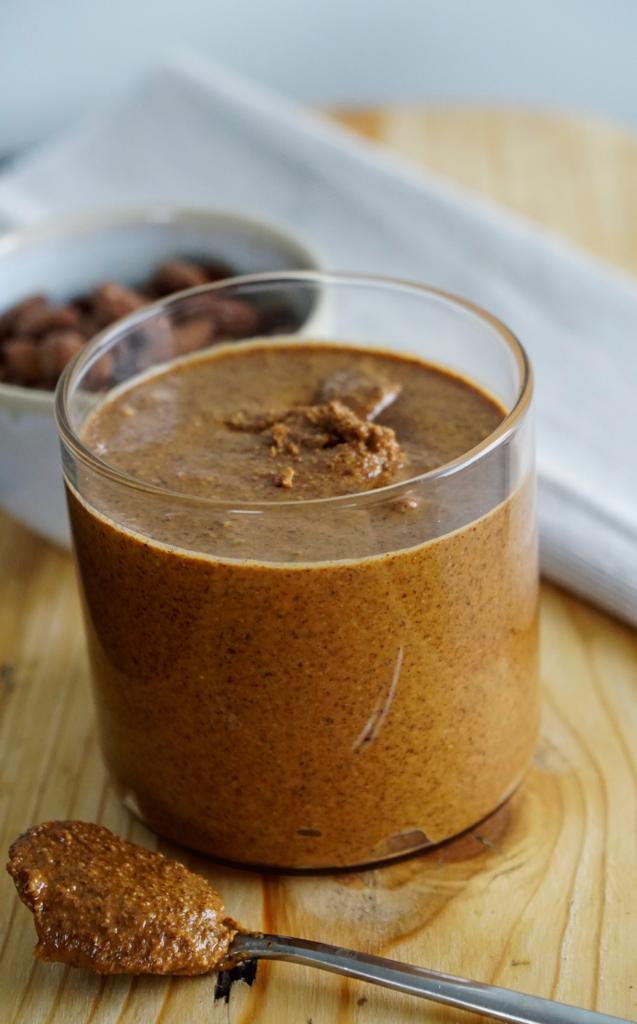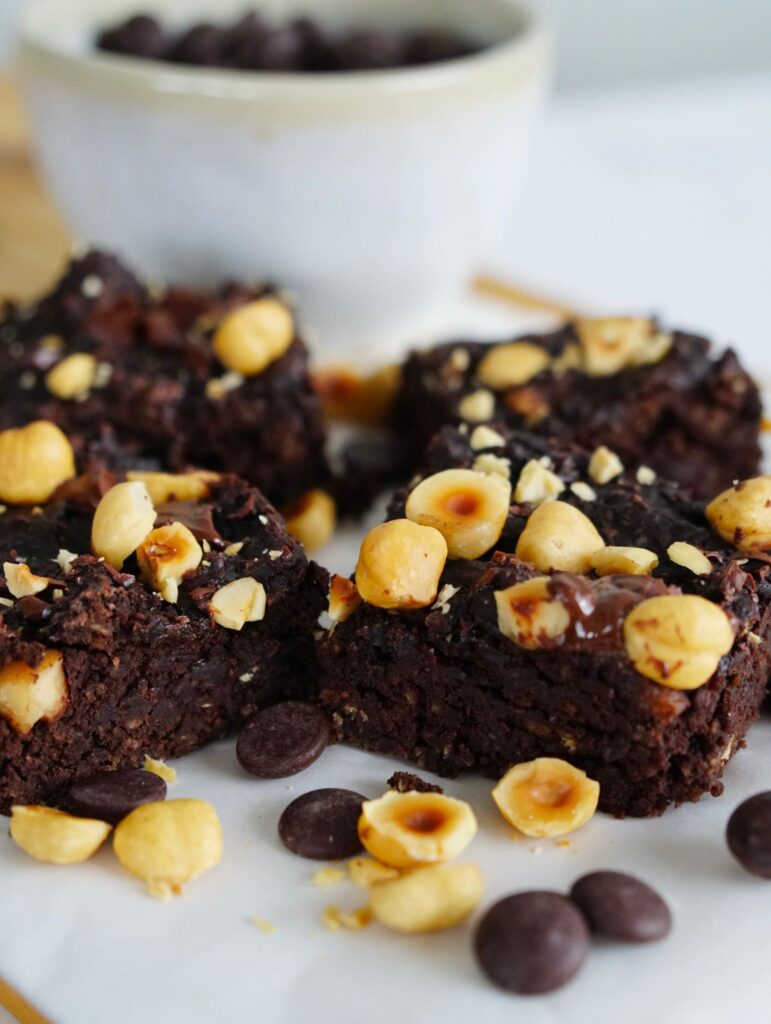How healthy are nuts, seeds and kernels?
How healthy are nuts, seeds and kernels? They are known for their nutritional value, including good fats, protein and fiber. They are often praised for their contribution to a healthy diet. However, there is a 'but' behind this story. In this article we explain why nuts are not always the health angels they seem to be.
The danger of raw nuts; How healthy are nuts
Raw nuts may contain substances known as phytotoxins. The term “phyto” refers to plants, and “toxins” means poisons. Phytotoxins are bioactive substances that occur naturally in some nuts and can hinder the body's absorption of other nutrients. This effect is enhanced when you regularly eat a wide variety of nuts. The result can be bloating. The advice is therefore to limit your intake of nuts to 1 to 2 different varieties. This also applies to seeds and kernels. Although nuts are healthy in themselves, it is important to consider the amount of variety in your diet.
How healthy are nuts
Roast raw nuts for safety
One way to reduce the risk of phytotoxins in nuts is to roast them. Here's a simple process:- Soak the nuts in a container of water for half a day. You will notice that the water turns brownish over time. This is a sign that the phytotoxins are being released from the nuts and entering the water.
- Gently pat the nuts dry with a cloth to remove excess water.
- Roast the nuts in a preheated oven at 80 degrees Celsius for 2 hours. This causes the harmful substances to evaporate and the nuts to become crispy.
- If you want to add some extra flavor, mix the nuts with spices of your choice, such as cinnamon, before roasting them in the oven.
Tip:: You can soak and roast large quantities of nuts at a time to save time.
Roasting nuts is a safe way to enjoy their nutritional benefits without worrying about possible phytotoxins. So, continue to enjoy nuts, but be aware of the correct preparation method for optimal healthy results.We at Aurora Personal Training are happy to take note of this the nut shop. We believe in specialists who opt for the best quality.

How healthy are nuts
Nuts and their vitamins; How healthy are nuts
Nuts are a good source of several vitamins and minerals, including:Vitamin E:
Nuts, such as almonds, hazelnuts and sunflower seeds, are rich in vitamin E, a powerful antioxidant that helps protect cells from free radical damage.Vitamin B6:
Pistachios and walnuts are good sources of vitamin B6, which plays a role in the metabolism of proteins, carbohydrates and fats, as well as the production of neurotransmitters.Folic acid (vitamin B9):
Almonds and peanuts are examples of nuts that contain folic acid, an essential vitamin that is important for the formation of red blood cells and for the health of pregnant women. Check us out recipe for our homemade almond butter.

How healthy are nuts
Vitamin K:
Cashews and pine nuts are sources of vitamin K, which plays a role in blood clotting and bone health.Vitamin B3 (niacin):
Peanuts and almonds are also rich in vitamin B3, which is important for a healthy metabolism and properly functioning nervous system.Vitamin B1:
Peanuts: Peanuts can be a small amount vitamin B1 contain, although the amount is not very significant. Pistachios: Pistachios may also contain some vitamin B1, but the amount is generally not high. Sunflower seeds: These also contain some amount of vitamin B1, although it is not the main source.
Vitamin B11:
Almonds: Almonds contain a small amount vitamin B11. A serving of almonds can contribute to your daily intake of folic acid, but it is not a very high source of it. Peanuts: Peanuts may also contain a small amount of vitamin B11, although they are not a top source.
Pistachios: Pistachios contain some amount of vitamin B11, but as with other nuts, it is not a great source. In addition to these vitamins, nuts also contain minerals such as magnesium, phosphorus, potassium, and zinc, all of which are essential for various bodily functions. Eating a handful of nuts regularly as part of a balanced diet can help meet the daily requirements for these nutrients.Nuts and antioxidants
Nuts are an excellent source of antioxidants, which provide important health benefits. Antioxidants are substances that help neutralize free radicals and prevent cell damage, giving them anti-inflammatory and protective properties. Although exact antioxidant levels vary among different types of nuts, they generally contain a variety of antioxidants, including vitamin E, vitamin C, selenium and polyphenols. Here are some of the most important antioxidants found in nuts:- Vitamin E: Nuts, such as almonds, hazelnuts and sunflower seeds, are rich in vitamin E Vitamin E, a powerful antioxidant that helps protect cell membranes from oxidative damage.
- Selenium: Brazilian nuts are one of the best natural sources of selenium, a mineral that acts as a cofactor for antioxidant enzymes in the body, helping to fight free radicals and reduce inflammation.
- Polyphenols: Nuts, especially walnuts, contain polyphenols such as flavonoids and phenolic acids, which have strong antioxidant properties and are associated with a reduced risk of chronic diseases such as cardiovascular disease and cancer.
- Vitamin C: Although vitamin C is most commonly associated with citrus fruits, some nuts, such as pistachios, also contain small amounts of this antioxidant vitamin.
Chocolate 85% with nuts
Chocolate with a cocoa content of 85% or more contains a higher percentage of cocoa and therefore has a more intense taste and a lower amount of added sugars compared to milk chocolate. When you combine this chocolate with nuts, such as almonds, walnuts, or hazelnuts, you create a delicious and nutritious snack with several health benefits. Nuts contain healthy fats, protein, fiber, vitamins and minerals, while dark chocolate is rich in antioxidants such as flavonoids. Combining them together gives you a snack that is both satisfying and nutritious. Here are some benefits of combining chocolate with nuts:Increased satiety:
The combination of healthy fats and fiber in nuts and antioxidants in dark chocolate can help keep you full longer after eating, making you less likely to feel hungry and less likely to overeat.Improved Heart Health:
Both nuts and dark chocolate are beneficial for heart health. The antioxidants in chocolate can help lower blood pressure and reduce inflammation, while the unsaturated fats in nuts can lower cholesterol levels and promote heart health.
How healthy are nuts
Antioxidants:
Dark chocolate contains flavonoids, which are powerful antioxidants that help fight free radicals in the body. Nuts also contain antioxidants, such as vitamin E and selenium, which can help protect cells from oxidative damage.Nutrients:
Nuts contain a range of important nutrients, including protein, fiber, healthy fats, vitamins and minerals. By combining them with dark chocolate, you add extra nutrients to your diet, which can contribute to a balanced diet.Although chocolate with nuts is one tasty and nutritious snack can be, it is important to enjoy it in moderation, especially if you watch your calorie intake. Preferably choose dark chocolate with a high cocoa content and unsalted, unroasted nuts for the most health benefits.